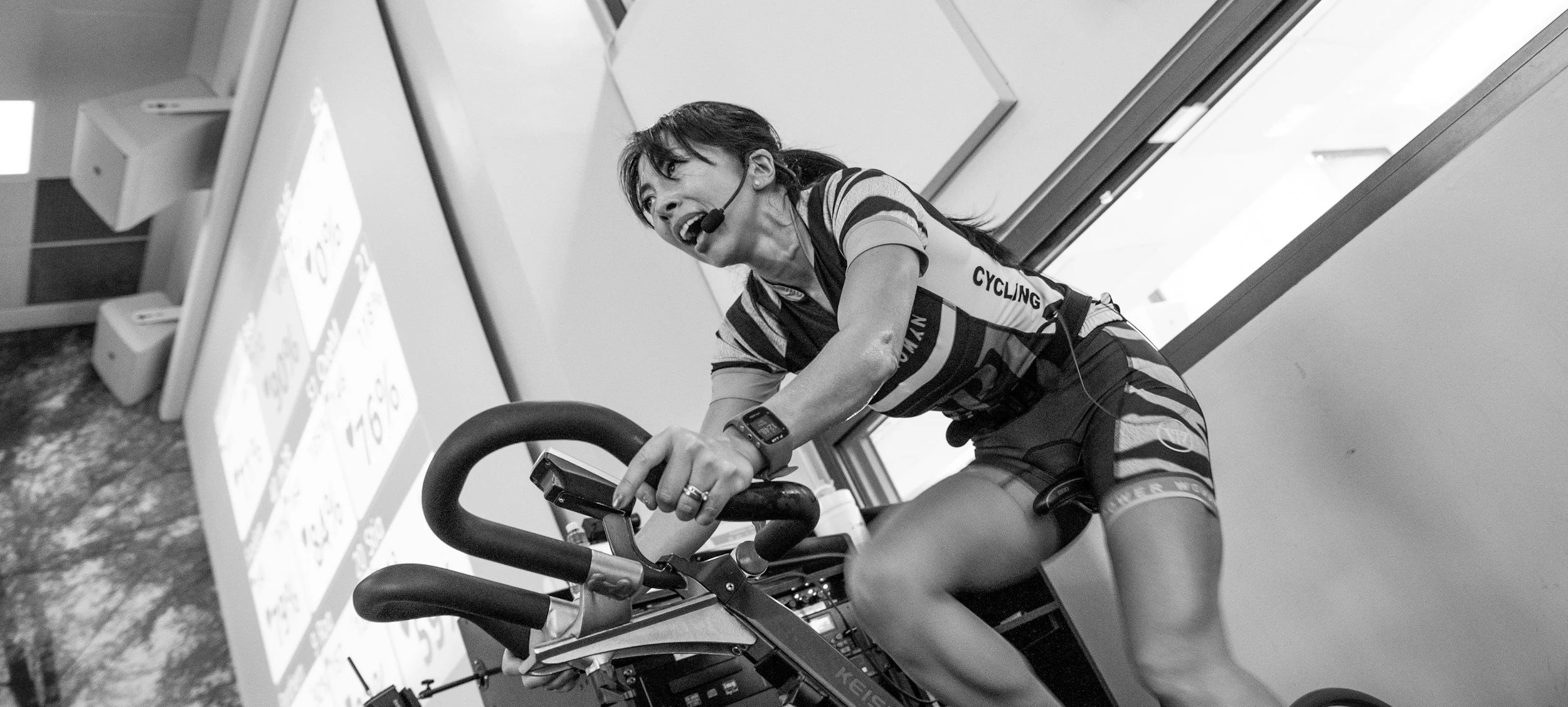By Zach Hopper
In the summer of 2004, I went to the doctor for low pitched tinnitus in my right ear. It was so bothersome that I sought treatment and was diagnosed with an ear infection. I was prescribed Augmentin, an antibiotic, and after a week the tinnitus went away. This happened again a month later, with the same treatment resolving it.
Then, at the end of September, on a Sunday morning while making breakfast, my right ear suddenly felt like it closed up tightly. This was accompanied by vertigo, nausea, and vomiting. The vertigo lasted for about 10 to 15 seconds, but the feeling of imbalance never went away, making me feel horrible.
I saw an ENT who, based on my symptoms and a hearing test showing some hearing loss, thought I had Ménière’s disease. He referred me to an ear and balance center where I had a whole bunch of vestibular and hearing tests and the diagnosis was confirmed. The initial treatments of a low sodium diet and a water pill did not help. I still had off and on vertigo, imbalance, and head/ear fullness—horrible.
Then after a few months we tried steroid ear injections, but these also did not work. Depression was really settling in. I felt hopeless. In 2006, I underwent endolymphatic sac decompression/shunt surgery. Afterward I developed constant, high pitched tinnitus.
But the surgery did help: no more vertigo although every once in a while I felt head fullness and dizziness but not too often. I was starting to feel like I could get back to a 60 percent normal life.
About five years later, I started feeling sick more often, with head fullness and imbalance. I felt horrible a lot of the time. I decided to go to the University of Washington, known for their top-notch Ménière’s specialists.
The doctor there recommended a vestibular neurectomy as the next step. This was a surgery to remove a portion of the vestibular nerve to eliminate vertigo, while sparing the cochlear nerve responsible for hearing.
Feeling so miserable, I decided to go for it, thinking, “What do I have to lose?” It would be better than continuing to live with Ménière’s.
Waking up after the surgery was the worst feeling in the world. My balance was completely gone, and I had to retrain my brain to learn balance again. I was in the hospital for a week, followed by two months of vestibular physical therapy. And I tell you what, PT is crucial for relearning balance and retraining the brain.
There were no dietary restrictions after the surgery. By four to six months post-surgery, I felt pretty good: My head fullness and off-balance sensations were gone, and I felt almost normal.
It has now been 13 years since my vestibular neurectomy, and it ended up being the best decision I ever made for my Ménière’s. I’m back to a somewhat normal life, although I’ve lost about 80 percent of the hearing in my right ear and have high pitched tinnitus in the same ear 24/7.
Two to three times a year for a couple of days each time I might feel slightly off, like a head fullness. They say that if Ménière’s doesn’t affect the other ear within five years, it will stay unilateral, just in one ear.
But I’m always scared of it becoming bilateral. No matter how many years pass, I think that’s why anxiety and depression are still issues for me—I’m always worrying about it. I lost my 20s and some of my 30s to this damn disease, and it is time I will never get back, but even with the worrying I am glad I was able to do the surgery.
Zach Hopper lives in Washington State. As always HHF recommends speaking with your own hearing care providers about the best treatment options for you. Read highlights and a transcript and watch the video from the Ménière’s Disease Symposium we co-hosted in February.







Tinnitus Quest’s Tinnitus Hackathon prioritized active problem-solving, cross-disciplinary debate, and the development of a shared research agenda.